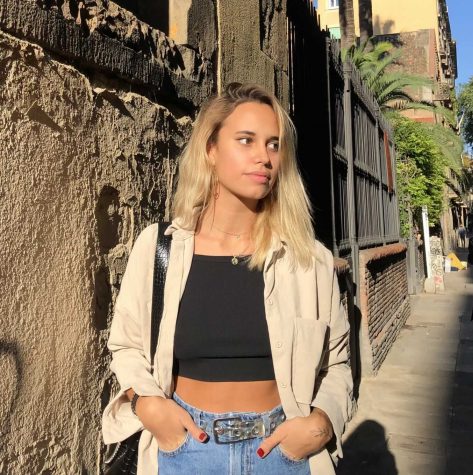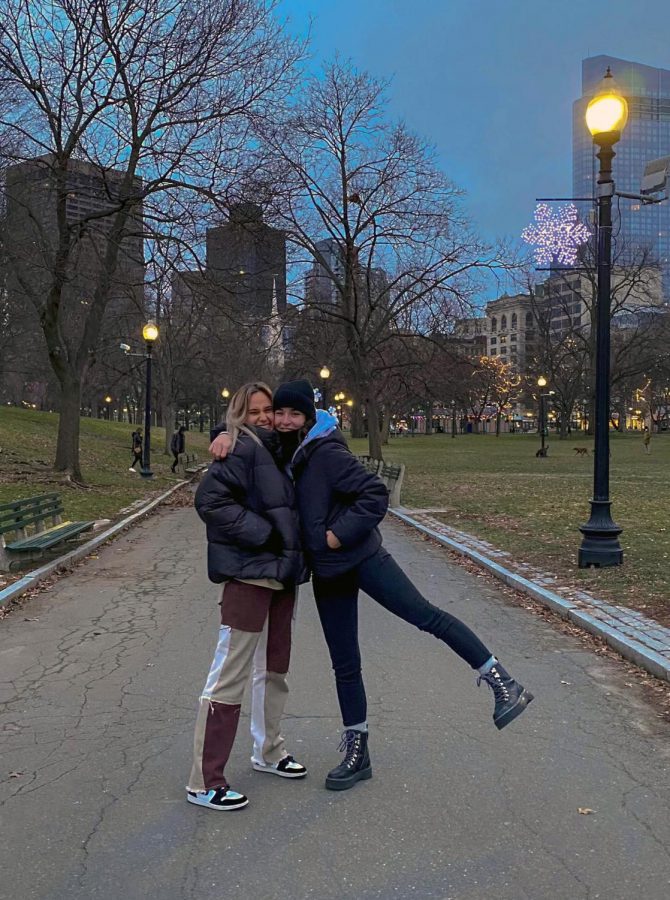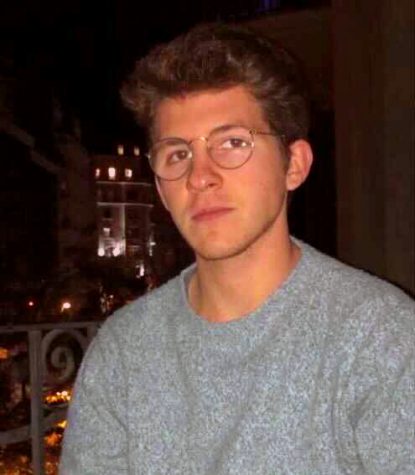Emerson currently hosts only a fraction of its normal exchange student population this semester, yet the seven undergraduates from University Ramon Llull in Barcelona are not only adapting to a new learning environment, but also the realities of the pandemic.
The students arrived this semester as part of a partnership with Ramon Llull’s Blanquerna School of Communication and International Relations, through which two Emerson students were sent to Barcelona. They are the first foreign exchange students to be hosted by Emerson since campus shut down in March 2020. Normally, the college also hosts students from Hong Kong Baptist University and Lingnan University in China, according to Corey Blackmar, associate director of internationalization initiatives.
Blackmar said he has worked closely with these students to ensure as smooth a transition as possible—especially during “a semester like this.”
“There are a lot of things [for exchange students] to consider,” Blackmar said. “Obviously, there are international arrival requirements depending on the country you’re coming in from. We have to stay in contact pretty closely with all of our inbound students about those types of regulations, and exactly how they should be following them.”
Emma Blanch, a senior marketing communications major, applied for Blanquerna’s exchange program with several friends last year, all the while witnessing the cancellation of many other study abroad programs.
“I was not expecting to get this far,” Blanch said. “I was actually expecting Emerson to tell me, ‘You’re not going to be able to make it.’ I don’t think I realized I was actually coming until I got here.”

Emma Blanch
Stepping foot on campus, Blanch said she and her companions encountered a world far from what they would have expected a year ago—but also far removed from the realities of her education in Spain.
“I can go to college in person,” Blanch said. “I wasn’t able to do that in Barcelona.”
In a normal semester, international students would have had several opportunities to touch base with Blackmar in person—typically as part of the college’s regular orientation process. With this year’s curtailed virtual orientation, Blackmar said he tried to meet students individually to help them adjust to their new campus environment.
“What I’d like to do is try and create times where we can actually have some face-to-face stuff—obviously following all the guidelines we have in place,” Blackmar said. “[Because of social distancing constraints] that might end up being a one-on-one type of thing. But we definitely want to hear from them about their experience, and give them resources as we go along.”
University Ramon Llull has operated on a fully remote system since Oct. 13, after briefly experimenting with a hybrid model similar to Emerson’s plan.
“Even now with hybrid classes, I pay more attention [than I would have online]—it’s inevitable,” Blanch said. “When you’re in-person, you have the teacher in front of you. You don’t have the impulse [of] ‘Okay, you can turn your camera off.’ I’m super glad that I can go to class—I feel like I’m learning so much more.”
Blanch shares an off-campus apartment in Beacon Hill with Nuria Quintana, another Blanquerna exchange student and also a senior marketing communications major. Quintana said the two had explored far more of Boston and the surrounding area than she initially hoped.

Emma Blanch and Nuria Quintana in the Boston Common
“I expected it [to] be worse,” she said. “Or at least for it to take longer [to explore the city]. But Boston is a small city—everything is really close, so I can go walking everywhere. COVID hasn’t been a problem for me to visit the city.”
In Barcelona, and in much of Europe, residents face regional travel restrictions that prohibit travel outside of the city and its immediate surroundings. These restrictions are among elements of Spain’s pandemic response—along with restaurants closing at 5 p.m. and a citywide 10 p.m. curfew—vastly different from the comparatively hands-off response in the United States.
“[Case numbers are] worse here than in Spain, but the measures and restrictions there are so much more strict than here,” Blanch said. “When I came here, I expected more freedom—and to be honest, it’s been like that. There are some restrictions, but I don’t think that I’ve noticed COVID that much.”
Despite the stark contrast between Barcelona’s lockdown and Boston’s reopening, Quintana said she almost felt safer being in the United States—in large part due to Emerson’s rigorous twice-weekly testing program.
“Even though we have less restrictions [in Boston], I feel that here, they take care of themselves a little bit more,” she said. “They’re [reopening] step by step. They aren’t rushing, they aren’t going too slow. With the vaccine, they’re doing a good job—in Spain, they’re vaccinating really slow.”
Spain lags behind several other European Union member states, as well as the United Kingdom, in its vaccination rate—it has administered approximately 11 million doses, or 23.6 doses per 100 people. Comparatively, the U.K. stands at 40 million doses, or 60 per 100 people.
Quintana said she, along with fellow Blanquerna student Pol Costa, will receive vaccinations in Massachusetts.

Pol Costa
Though Costa agreed that Spain was in “a far worse situation,” he said he still feels that, to some extent, he missed the opportunity to fully experience Boston.
“We haven’t been able to go to see a Celtics or a Red Sox game,” he said. “That’s something we wanted to do—hopefully we will by the end of the month. We wanted to go party here, to a club or whatever, and we’ve not been able to do that. But most of the things we wanted to do, we’ve been able to.”
For Blanch, the biggest challenge in coming to Boston was managing to meet and socialize with other Emerson students, with many of the traditional avenues blocked by the pandemic.
“All the stuff [Emerson] would do with the international students, that’s something that I’m really sad that I didn’t get to do, because you really get to meet new people and do new stuff,” she said. “I’m sad that COVID took this away from us—but I can’t complain, because I got to come here. I’m just enjoying everything that I can even through the circumstances.”